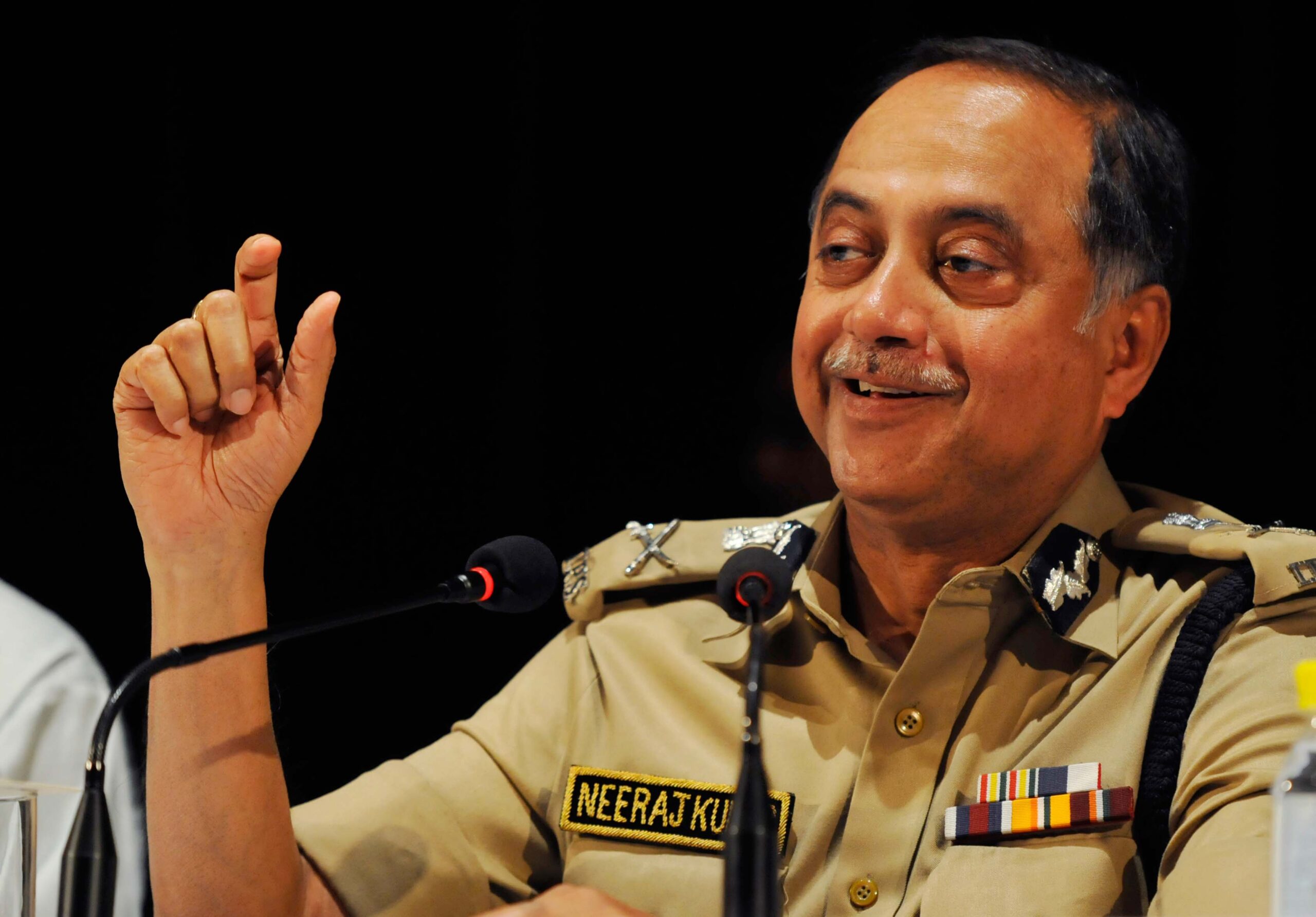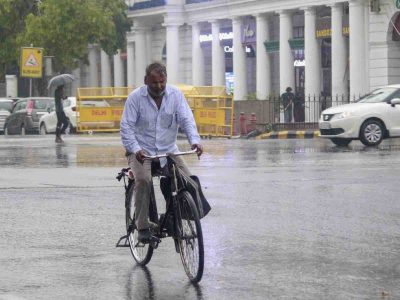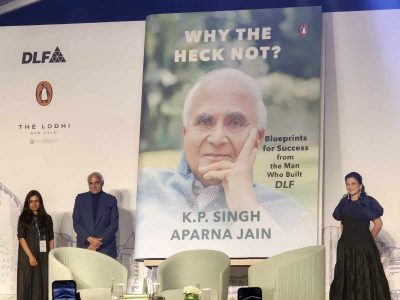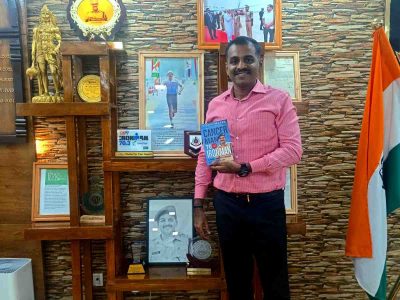Former Commissioner of Police (Delhi) Neeraj Kumar admits in his latest book, ‘A Cop in Cricket: Inside the World of the BCCI’s Anti-Corruption Unit’, that he has had a tumultuous tenure as the head of the BCCI Anti-Corruption Unit (ACU) head, between 2015 and 2018. In his no-holds-barred book on his stint, the 69-year-old top cop points out that the BCCI as well as the committees appointed by the Supreme Court to suggest cricket reforms, did not pay attention to vigilance against cricket corruption.
In an exclusive interview with Patriot, Kumar pulls no punches as he answers questions on a variety of issues concerning corruption in cricket.
Excerpts:
You haven’t tried to conceal the pain you encountered during your BCCI tenure in your book. You write: “Alas, the pipe dream remains as chimeric as before as only partly the Lodha Committee recommendations were implemented”. What do you mean by that?
They were good recommendations, but very oddly and very strangely, they don’t talk much about the ACU. The central theme of all these committees is corruption in cricket. But neither the Mudgal Committee report nor Lodha Committee report talk much in terms of what should be the outfit within the BCCI to fight corruption or what should be the strategy countrywide to fight corruption. They gave membership to every state, which I have praised in the book. By one stroke of pen, they gave equal status to every state, including the north-eastern states.
During your stint with the Central Bureau of Investigation (CBI) as Joint Director, when you came to know that bookie Mukesh Gupta wanted to surrender to you…until that point they were not able to get Gupta.
I was not privy to the fact about what kind of pressure had been built on Mukesh Gupta. I knew that an inquiry was going on. I had no clue who Mukesh Gupta was. I had no clue that CBI had already zeroed in on Gupta and that they were trying to put pressure on him by approaching his father and questioning him and so on and so forth. Out of the blue, one man whom I had known from my Delhi Police days, came to me and said that this man wanted to surrender. That is how it happened.
Then you said you would inform your bosses. At that time, Mr. R.K. Raghavan was the CBI Director.
Yes, and Mr. P.C. Sharma was No.2. and he was also my boss. So, through my boss, I approached the Director and both of them said, ‘Well, we are stuck. We are not making a breakthrough. Please go ahead and meet the man’.
Did they offer you to take over the inquiry from Mr [Ravi] Sawani?
[That was] after they heard about the disclosures made by Mukesh Gupta [to me].
What happened to Gupta eventually, because he was not punished?
It was because no case was registered in the whole matter. No FIR was filed. If you don’t file an FIR, how do you file a chargesheet?
That was because three Supreme Court retired judges had given their opinion, as mentioned in the CBI report on match-fixing 2000, that no criminal offence could be made out against the offenders.
Yes. That is a fact.
This is again, very interesting.
That is why I keep saying at various forums that all these two major cases — Hansie Cronje and this case [2013 IPL betting-fixing case] — are examples of the fact that just because we chanced upon those numbers through our other investigations, and we unearthed this whole racket, it doesn’t mean that what is going on today – there are so many matches are being played all over the world — there’s no hanky-panky happening because you’re not listening to everybody’s phone. Do you understand? Just because they got caught accidentally, and such a big scandal emerged, those chance discoveries are not being made after that. But they could be made. The point I’m trying to make is that when matches are going on, the players, the match officials, the administrators, the entire ecosystem is not under any kind of surveillance. So, we do not know what is actually happening behind the scenes, as we came to know accidentally in these two cases.
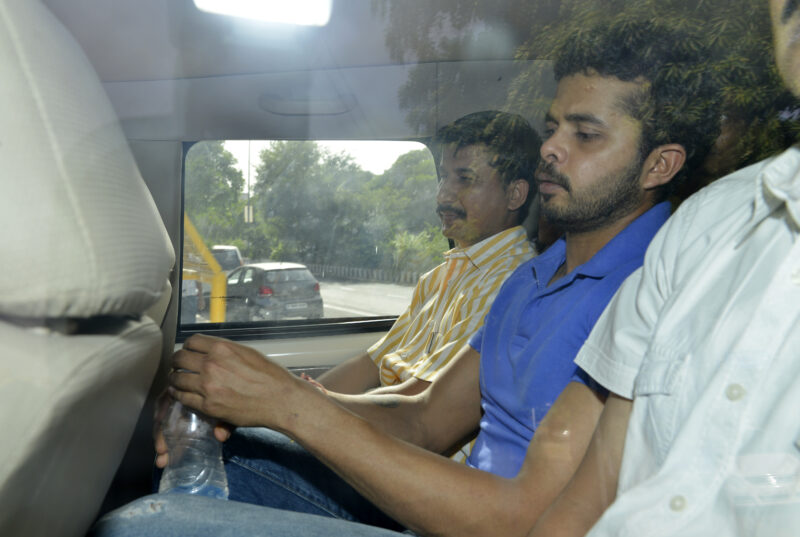
A total 15 of players have been banned [and now free] since the 2000 Cronje case. No cricket administrator got a whiff of the unusual thing happening by players. Were they completely clueless?
It seems to. And they didn’t want to be clued in (laughs).
Recently, there was a sting done on chairman of selection committee Chetan Sharma. The BCCI kept quiet as usual. Earlier, it had acted on stings in 2012 and 2013 after that too had exploded in public domain. Do you think this time too there should have been an inquiry into what was said on the sting by Zee TV.
It’s better to go deep into it and question it. But since he [Sharma] resigned, they thought that it’s best to leave him alone and leave the matter alone. I’m not there, so I really don’t know what went into their minds, and why they did not probe into it further.
You brought up in your book several issues connected with [former BCCI CEO Rahul] Johri. Were there any other issues that cropped up between you two, other than those mentioned in the book?
None, whatsoever.
The terse SMSes exchanged…
A: There were quite a few incidents that I could have mentioned in the book but I did not. For instance, I wanted to get training films made on anti-corruption education programme. I suggested to him (Johri) that I want the films we made to be shown to cricketers before matches as part of the programme. He said ‘oh, it will cost a lot of money’. I said, ‘well, the BCCI is not short of funds, and this is something very important’. But he just kind of brushed me aside. He said that the Board had its own in-house filming team. He said that he had gone to the West Indies along with the Indian team, and that films were made of players bathing in the sea. He showed me those films. He said the same camera team could make the training films also. I said he could ask them to get in touch with me, and that let’s do that. But the matter was forgotten. I wanted to get it made by a professional film producer. But he just brushed it aside.
But you agreed to his suggestions that an in-house team could make the film.
Yes, I said why not, let the internal team discuss it with me, but nobody ever did. He wanted to save money. He thought it was a waste of money whereas all other activities that were happening were not [expensive]. This was very strange.
You met Johri socially before you joined the BCCI. Was your aim to familiarise yourself with him?
Yes, so that once I join he will pay heed to my unit. He will pay heed to the issues that were there. And our work would get facilitated. That was the intention.
By helping take away the security contract from the South Africa-based Nicholls Steyn and Associates (NSA), you saved a lot of money for the BCCI. NSA was getting a handsome amount from the BCCI for providing security to the IPL since 2008. Did you discover any hanky-panky behind this outsourced business?
This is also very strange. The ACU of the BCCI can very well act as a vigilance unit for the organisation. That means if there is any hanky-panky within the organisation, it can easily be given to the ACU to probe it. But they have scrupulously kept the ACU out of vigilance. There is no vigilance unit in the BCCI, except for the Ombudsman, who visits once in two months, three months, and inquires any complaint that is given to him. But one of the things that the BCCI can very easily do is to use the ACU as an internal vigilance unit, but it does not do that. So, there was no occasion for us to probe the Board members or any activity that took place within the Board, for instance, how the contract was given [to NSA], whether all the codes were followed while giving contracts. And in no committee, when a contract is awarded, is any ACU official involved. So, the ACU is kept scrupulously out of that vigilance part of what is going on in the BCCI.

